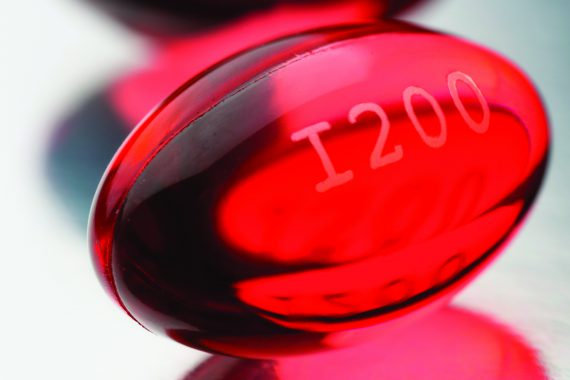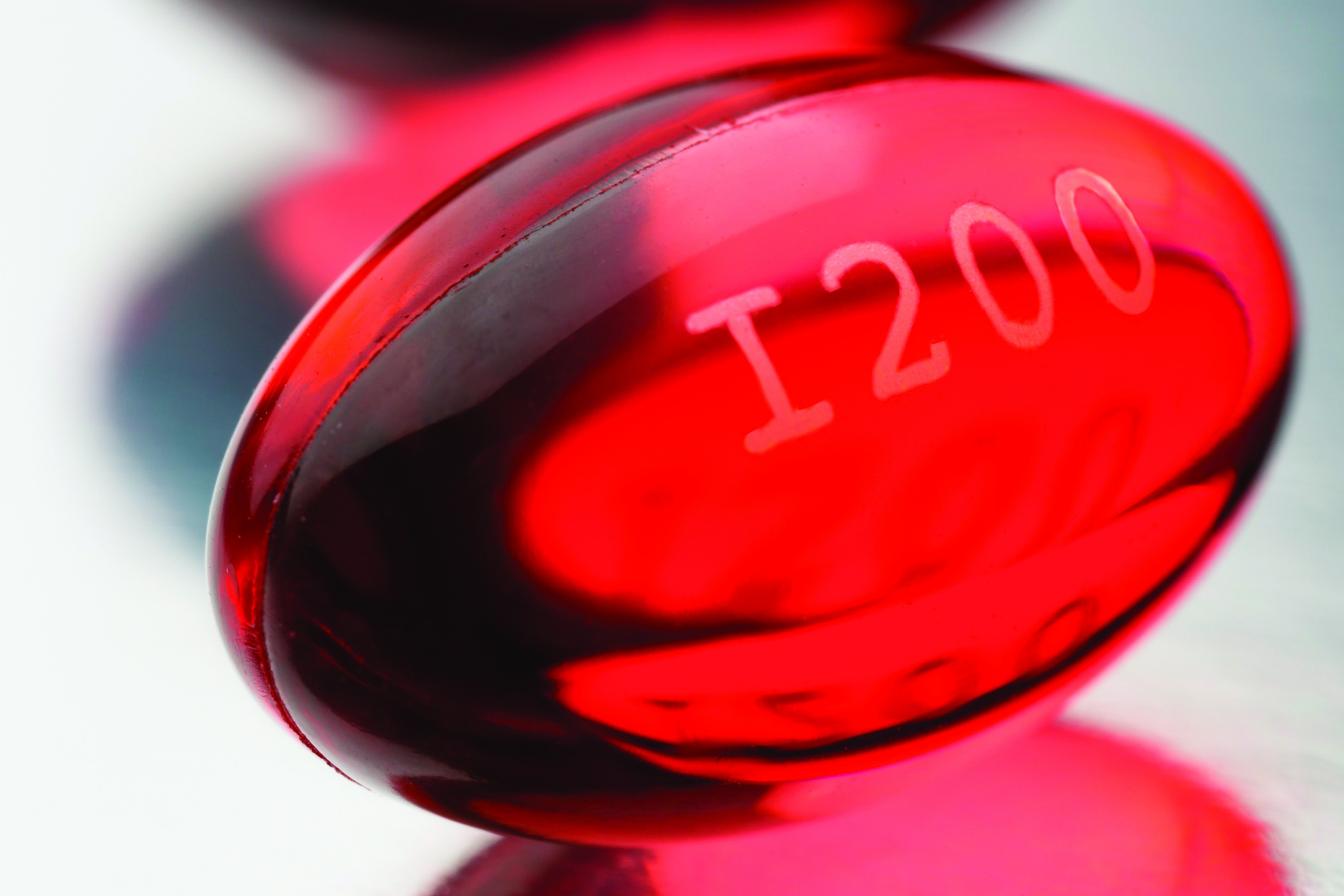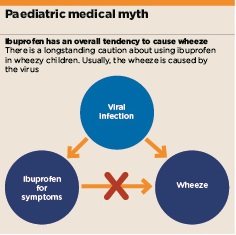Does ibuprofen cause wheeze?


medical myths ibuprofen 3×2
What is the myth and where did it come from?
Everyone knows that ibuprofen should be avoided in children who have a history of wheeze. As a result, we never really knew what to do when a child who had previously had a wheeze developed an uncontrolled fever. But of course, you don’t need to treat the fever in the first place.1
Again, the association of two things has almost certainly been to blame for clinicians coming to this conclusion. It starts with a child wheezing after recently being given ibuprofen for their viral illness. It is then assumed the ibuprofen has caused the wheeze, because viruses apparently don’t make children wheeze.
Then, once a drug has a reputation, confirmation bias reinforces the belief. Every time a child who is taking ibuprofen wheezes, we assume that we have a culprit, and do not investigate other causes because we believe the ibuprofen is responsible.
What is the reality?
It turns out that in big-picture terms, ibuprofen does not cause wheeze in children.2 In fact, the available evidence suggests that ibuprofen may protect against wheeze. There is credible published research that shows children treated with ibuprofen have a reduced likelihood of wheezing.
So it is important to communicate to parents that, without a convincing history of cause and effect, ibuprofen is unlikely to have caused wheeze. As with any medication, ibuprofen can cause an allergic reaction in children. If this is the case, they might well wheeze when given ibuprofen. But the evidence is that for children who wheeze, ibuprofen does not inherently increase that tendency.
How often are children given ibuprofen without the parent even being aware of the myth that it may make their child wheezy? In my experience, paediatric emergency departments do not have a problem with significant numbers of children attending because they took ibuprofen and suddenly became very wheezy. As mentioned previously, there is no doubting that a small number of children are sensitive to ibuprofen but a clear history of cause and effect is rare. As any paediatric immunologist will tell you, unplanned allergy exposure is quite normal in children. Perhaps the child helps themselves to something they shouldn’t have or is given something by an adult unaware it contained something that was unsuitable. Despite this, ibuprofen isn’t to blame for filling emergency departments with wheezy children.
The issue of cause and effect is always a tricky one. Certainly there are plenty of children who develop a wheeze while being given ibuprofen. But why were they taking the ibuprofen? Was it for an upper respiratory tract infection? If so, there is no doubt the infection is more likely to cause a wheeze than the ibuprofen.
If you’re still unconvinced by this, consider the following: every day, thousands of injured children leave emergency departments in the UK with advice to take ibuprofen. How many of these children have a history of asthma or viral wheeze? For years now, we have been recommending ibuprofen as analgesia and as an anti-inflammatory medication for injured children. I do not know of even one who has returned with a wheeze caused by the ibuprofen. It must happen, but it isn’t a significant risk overall.

How does this change my practice?
This kind of information often leaves people a bit stuck as to what to do next. Assuming that we believe the evidence, the trouble with medical myths is that they are not confined to the brains of medics. They are popular topics on parent forums.
Then there is the matter of the patient information leaflet. The following are two statements on the same issue, the first from a website offering medicines information and the second from the evidence-based medicine section of a peer-reviewed medical journal.
- ‘Bronchospasm may be precipitated in patients suffering from or with a previous history of bronchial asthma or allergic disease.’ (medicines.org.uk)
- ‘Ibuprofen used as an antipyretic in febrile children with a past medical history of asthma is as least as safe as paracetamol and not likely to exacerbate asthma.’1
The very real difficulty is that the child’s parents will find the former statement on a piece of paper inside the ibuprofen pack and then may believe that any wheeze that occurs later is due to the ibuprofen, rather than the rampant viral illness. The patient information leaflet statement is suitably vague. No qualifier is given to the risk of wheeze in the statement. The fact that previous wheeze is not a contraindication tells you a lot about the perceived risk.
Since the parents are being given a piece of paper that will make them confused and worried, perhaps we should give them a copy of the journal article referenced above.
Probably the most important change in our practice is to make sure we are not perpetuating the myth. I would only blame ibuprofen for a wheeze if there was a convincing history of cause and effect.
Dr Edward Snelson is a consultant paediatrician specialising in paediatric emergency medicine at the Sheffield Children’s Hospital. He is the author of The Essential Handbook of Common Paediatric Cases and of gppaedstips.blogspot.co.uk – a site for GPs to keep up to date with paediatrics in primary care. Before becoming a paediatrician, he was a GP for more than five years. Twitter: @sailordoctor
Conflicts: none declared
Pulse October survey
Take our July 2025 survey to potentially win £1.000 worth of tokens

Visit Pulse Reference for details on 140 symptoms, including easily searchable symptoms and categories, offering you a free platform to check symptoms and receive potential diagnoses during consultations.










